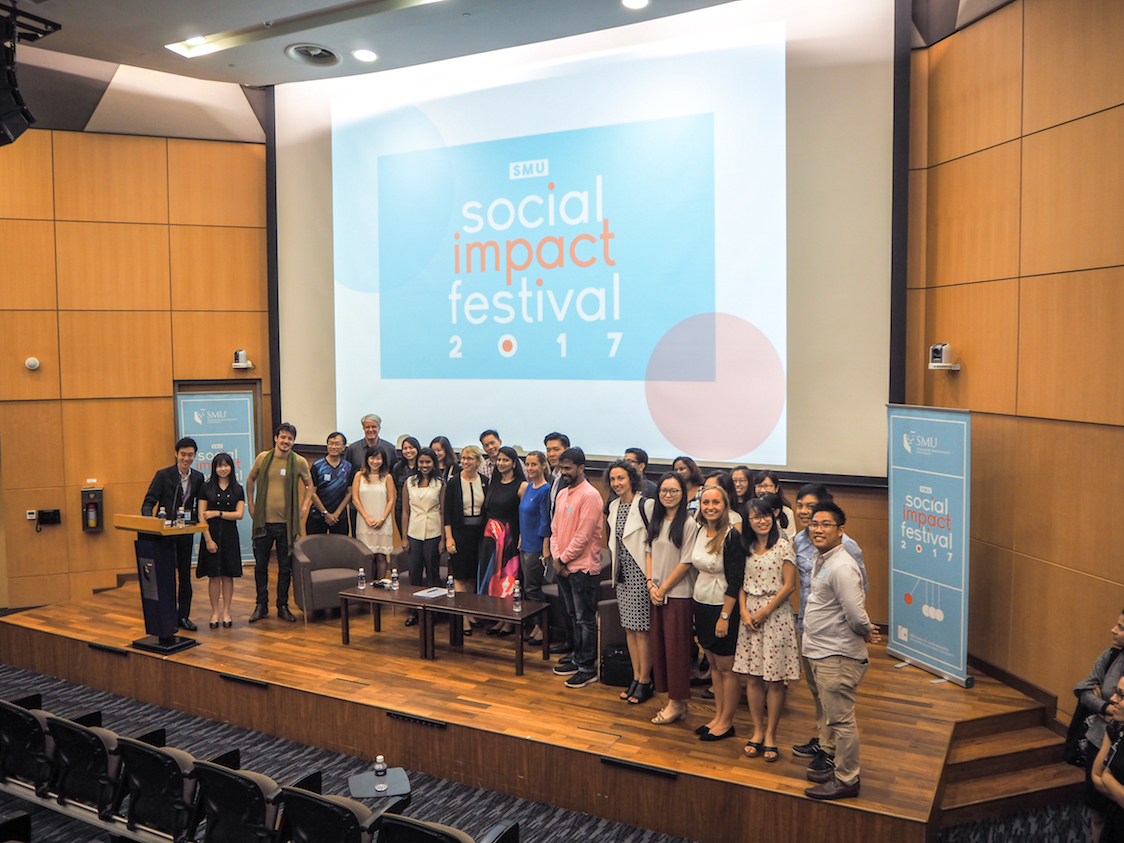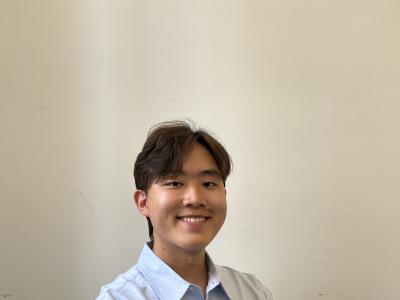
Social entrepreneurs need to “go to the ground” and understand the challenges that they hope to overcome, and to avoid narcissism and silo thinking, according to Heng Chee How, Senior Minister of State in the Prime Minister’s Office and Deputy Secretary-General of NTUC.
Addressing the opening of the Singapore Management University’s Social Impact Festival, Mr Heng said that starting out with a clearly-defined objective helps to keep social entrepreneurs on track through the trials that will inevitably come.

“If the journey is long, somewhere along the way in the madness of life and the frailties of humanity, we will forget. We will get into some kind of a rat race,” he said. “Maybe you are up against currents that seem to make you go backwards rather than forwards. Those are the times where in the middle of the night you ask yourself: ‘Have I made a mistake? What have I done to myself?’ The clarity of thought at that point, meaning the clarity of thought at the beginning when you decided you wanted to make an impact… that will encourage you.”
Heng urged aspiring social entrepreneurs to ensure that their ideas were rooted in practical reality and tested in context. “Go to the ground,” he said. “Ideas, in and of themselves, may apply very directly and in a very relevant way to a particular group, to a particular part of society, at a particular point in time, but may not be so relevant in another part. Even in a small country like Singapore. The demography may differ from constituency to constituency, hub to hub.”
Entrepreneurs need to build scalability into their ideas, so that they can move beyond pilot projects to have system-wide impacts, Mr Heng said.
“It is always good to start small. Don’t have fires burning everywhere so you don’t know which ones to put out. At the same time, when we plan to implement a programme, have a care. Ask ourselves: What does it take to make this pilot succeed? In other words: How technologically intensive is it? How manpower intensive is it? How much money does it cost? This will then give us a sense of reality… This model, is it replicable, scalable?” he said. “The idea may be superb. The pilot may succeed fabulously. But you do not have the ingredients for sustainable scale.”
When moving to scale, it is important to properly define what a social enterprise’s end goal really is, and that should be matched to a real social outcome.
“The choice of outcomes to measure is important. Don’t just get busy; be in the business… think of the outcomes,” he said. “Let’s think of them very clearly, otherwise they could be counterproductive. A society doesn’t become stronger as a result of busy-ness, and it could get worse.”
The right outcomes may mean more than simply scaling up and doing more, he added. “If you are the fire department and you manage to put out 100 fires in Singapore this year. So how do you demonstrate that you are a very good fire brigade next year? One answer is that you should put out 200 fires. And after that, you have to set fires to put out. So be very clear-minded.”
Entrepreneurs, even socially-minded ones, can become blinkered and fixated on proving that their idea works, putting them in competition with others who are trying to achieve the same goal. It is important that social entrepreneurs “avoid narcissism” and collaborate with each other and with other partners and networks, Mr Heng advised.
“One of the best ways in which you can liberate yourself from constraints is to not to just look at what you can do on your own, not what you can take from other people, but how you can do things together.”
SMU Lee Kong Chian School of Business undergraduate Bryan Yong, who presented at the Social Impact Festival, worked with Project Vikasa, an initiative that delivered financial management training to women in Jaipur. (Read also: Project Vikasa – Through the Eyes of the Women of India)
“This is a challenge for many of us. Right from the get-go, we didn’t understand many things. We didn’t understand the context,” Bryan said.

Project Vikasa worked with a local partner, I-India to better understand the needs of the community that it was looking to support. After identifying that I-India itself could benefit from better systems to help it to manage its operations, Yong and his colleagues worked to build an inventory system and e-commerce platform for the organisation.
“We really did believe that they were better off after we went there,” Bryan shared.
The week-long Social Impact Festival ran from September 11-16, and was hosted by the Lien Centre for Social Innovation at SMU. Jonathan Chang, the centre’s Executive Director, said that “there has never been a greater time or a better time to be a social innovator or a social entrepreneur,” due to the raft of government and private sector support mechanisms available for the sector, and the number of education programmes available for students looking to move into social enterprise.

“Students and educational institutions across all levels have become more and more committed and interested to the concept of social education and doing positive impact in our society,” Mr Chang said. “More than ever, there is a strong need for those individuals with the right skills, the right experiences, coupled with your commitment and drive, to address our society’s most pressing social needs.”


